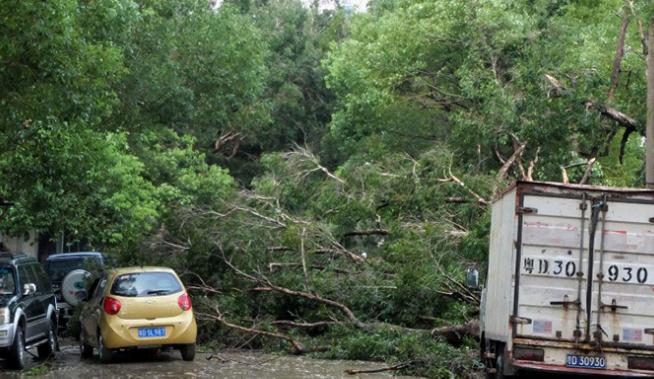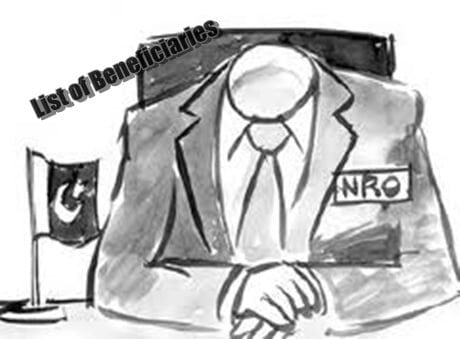QUETTA, Pakistan A series of bombings killed 115 people across Pakistan on Thursday, including 81 who died in twin blasts on a bustling billiards hall in a Shiite area of Quetta.
It was one of the deadliest days in recent years for a country that is no stranger to violence from radical Islamists, militant separatists and criminal gangs.
UN Secretary-General Ban Ki-moon strongly condemned the multiple attacks and the ongoing terrorist violence in Pakistan, saying “these heinous acts cannot be justified by any cause” and calling for the perpetrators to be brought to justice, UN spokesman Martin Nesirky said.
Violence has been especially intense in south-west Baluchistan province, where Quetta is the capital and the country’s largest concentration of Shiites live. Many are ethnic Hazara who migrated from Afghanistan.
The billiards hall was located in an area dominated by the minority sect. In addition to the 81 dead, more than 120 people were wounded in the double bombing, said police officer Zubair Mehmood. The dead included police officers, journalists and rescue workers who responded to the initial explosion.
Ghulam Abbas, a Shiite who lives about 150 metres from the billiards hall, said he was at home with his family when the first blast occurred. He was trying to decide whether to head to the scene when the second bomb went off.
“The second blast was a deafening one, and I fell down,” he said. “I could hear cries and minutes later I saw ambulances taking the injured to the hospital.”
Hospitals and a local mortuary were overwhelmed as the dead and wounded arrived throughout the evening. Weeping relatives gathered outside the emergency room at Quetta’s Civil Hospital. Inside the morgue, bodies were laid out on the floor.
Lashkar-e-Jhangvi, a Sunni militant group with strong ties to the Pakistani Taliban, claimed responsibility for the attack. Hazara Shiites, who migrated from Afghanistan more than a century ago, have been the targets of dozens of attacks by Lashkar-e-Jhangvi in Quetta over the past year, but Thursday’s was by far the bloodiest.
Human Rights Watch sharply criticised the Pakistani government for not doing enough to crack down on the killings and protect the country’s Shiite community. It said more than 400 Shiites were killed in targeted attacks in Pakistan in 2012, including over 120 in Baluchistan.
Pakistan’s intelligence agencies helped nurture Sunni militant groups like Lashkar-e-Jhangvi in the 1980s, to counter a perceived threat from Iran, which is mostly Shiite. Pakistan banned Lashkar-e-Jhangvi in 2001, but the group continues to operate fairly freely.
Earlier Thursday, a bomb targeting paramilitary soldiers in a commercial area in Quetta killed 12 people and wounded more than 40 others.
The bomb was concealed in a bag and placed near a vehicle carrying paramilitary soldiers, said Akbar Hussain Durrani, the provincial interior secretary. The bag was spotted by a local resident, but before the soldiers could react, it was detonated by remote control.
The United Baluch Army, a separatist group, claimed responsibility for the attack in calls to local journalists. Pakistan has faced a violent insurgency in Baluchistan for years from nationalists who demand greater autonomy and a larger share of the country’s natural resources.
Elsewhere in Pakistan, a bomb in a crowded Sunni mosque in the north-west city of Mingora killed 22 people and wounded more than 70, said senior police officer Akhtar Hayyat.
No group claimed responsibility for that attack, but suspicion fell on the Pakistani Taliban, which has waged a bloody insurgency against the government in the Swat Valley, where Mingora is located, and other parts of the north-west.
AP
INCPak









